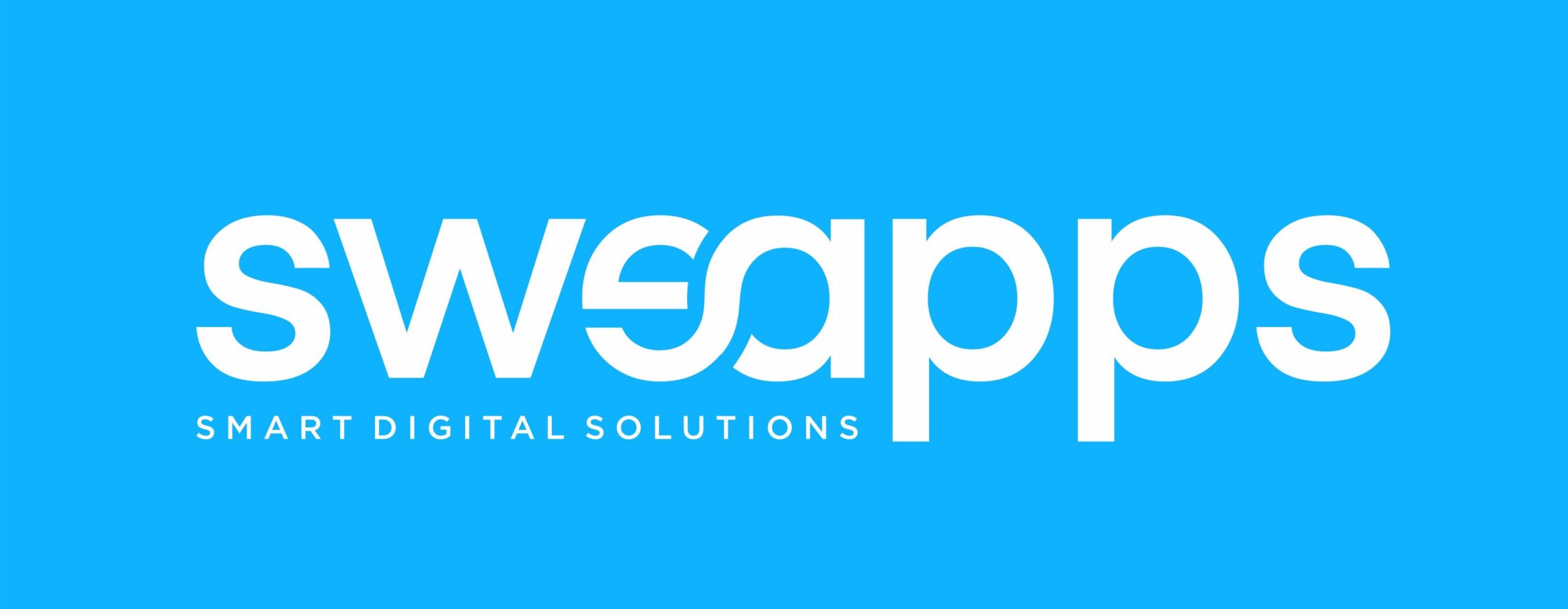
Understanding Digital Marketing Cost: Factors and Strategies for Effective Budgeting
June 4 – 2023
In today’s highly competitive business landscape, digital marketing has become an essential tool for businesses to reach and engage their target audience. However, one of the primary concerns for any business venturing into the digital realm is understanding the cost associated with effective digital marketing campaigns.
In this article, we will explore the factors that influence digital marketing costs and provide strategies to help businesses effectively budget for their online marketing efforts.
Part 1: Importance of Digital Marketing
Digital marketing has revolutionized the way businesses promote their products and services. With the ability to target specific demographics and measure campaign performance in real-time, digital marketing offers unparalleled opportunities for businesses to connect with their customers and drive meaningful results. However, it’s crucial to understand the various factors that contribute to the overall cost of implementing a successful digital marketing strategy.
Part 2: Factors Influencing Digital Marketing Cost
Campaign Objectives: The specific goals you aim to achieve through your digital marketing campaign play a significant role in determining the cost. Whether it’s increasing brand awareness, driving website traffic, or generating leads, each objective requires different strategies, resources, and budget allocations.
Target Audience: The size and demographics of your target audience can influence the cost of your digital marketing efforts. Targeting a niche audience can be more cost-effective compared to reaching a broader, more competitive market segment.
Channels and Platforms: The choice of digital marketing channels and platforms also impacts the cost. Advertising on popular platforms like Google Ads, Facebook, or Instagram often comes at a higher price due to increased competition. However, it’s essential to identify the platforms that align with your target audience and offer the best return on investment (ROI).
Ad Types: Different ad formats, such as search ads, display ads, video ads, or sponsored content, have varying costs. Consider the effectiveness of each ad type in achieving your campaign objectives and allocate your budget accordingly.
Competition: The level of competition within your industry or niche can significantly influence digital marketing costs. Highly competitive markets may require higher spending to stand out and reach your target audience effectively.
Geographic Targeting: If your business operates in specific locations, the cost of targeting those regions may vary. Targeting a global audience can be more expensive compared to focusing on a local or regional audience.
Part 3: Strategies for Effective Budgeting
Set Clear Objectives: Clearly define your campaign objectives, such as increasing website traffic, generating leads, or improving conversions. Having specific goals will help you allocate your budget more effectively and measure the success of your campaigns accurately.
Research and Plan: Conduct thorough research on your target audience, competition, and industry trends. Identify the most effective channels, platforms, and ad formats that align with your objectives and audience. A well-informed plan will help you optimize your budget and maximize ROI.
Test and Optimize: Start with smaller budgets and run test campaigns to identify what works best for your business. Analyze the data and optimize your campaigns based on the insights gained. Continuously monitoring and refining your campaigns will help you achieve better results and improve cost-efficiency over time.
Track and Measure: Utilize digital marketing analytics tools to track and measure the performance of your campaigns. Monitor key metrics such as click-through rates, conversion rates, and cost per acquisition. By analyzing the data, you can identify areas of improvement and make informed decisions about future budget allocations.
Seek Professional Assistance: If you’re unsure about how to effectively manage your digital marketing budget, consider consulting with a digital marketing agency or expert. Their expertise can help you develop a solid strategy, optimize your spending, and achieve better results.
In conclusion
Understanding the factors that influence digital marketing costs and implementing effective budgeting strategies are crucial for businesses looking to maximize their online marketing efforts. By setting clear objectives, conducting research, testing and optimizing campaigns, tracking and measuring performance, and seeking professional assistance when needed, businesses can allocate their digital marketing budgets effectively and achieve the best possible return on investment.
Remember, digital marketing is an ever-evolving field, so regularly reviewing and adapting your strategies based on data and market trends will ensure long-term success. Embrace the power of digital marketing and leverage it to grow your business in the dynamic online landscape.
Publication date
June 4 – 2023
Similar articles
Book a Demo & Receive Consultation
Take the first step towards unlocking your organization’s full potential. Book a demo today and discover how our product can drive growth, boost productivity and exceed your expectations. We look forward to have this meeting with you!

